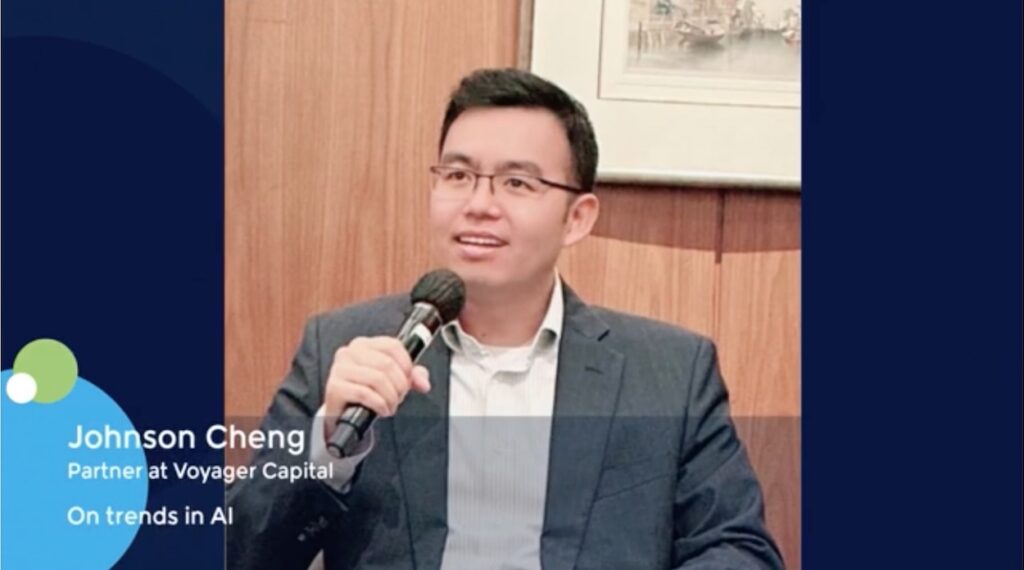AGIC targets up to USD 1.2bn for third Asia-Europe private equity fund
Cross-border private equity investor AGIC Capital is seeking up to USD 1.2bn for its third fund, which will back mid-size European technology companies eyeing Asian expansion.
Discussions with potential investors began in May. Heiko Von Dewitz, a managing partner and head of Europe at AGIC, claimed that strong early momentum – especially with Asia and Middle East-based LPs – has been driven by what the firm sees as its unique strengths.
“Cross-border is really at the core of the AGIC investment strategy,” said Von Dewitz. “We help small and mid-market companies in Europe that have been quite successful in their regional markets but have found it challenging to grow beyond that, either in Asia or China, or in the US.”
AGIC raised USD 1.2bn for its second fund, which closed in September 2021. The provisional target for Fund III has been set at USD 1bn-USD 1.2bn. At present, the priority is securing re-ups from existing LPs, added Nicky Wang, AGIC’s COO. AGIC will then widen outreach to include LPs that have previously held discussions with the firm about co-investments.
The investment strategy involves helping small and medium-sized enterprises, particularly those focused on advanced industrial and healthcare technologies, grow their businesses in overseas markets. In recent years, it has increasingly included supply chain optimisation by connecting companies to more efficient and lower-cost manufacturers in Asia.
AGIC also focuses on new growth strategies tied to product and technology development, and on scaling operations by improving management structures.
“Often, these mid-market companies have a growth company culture, but from a certain size onwards, businesses get too complex,” said Von Dewitz.
“They need different management structures. They need to evolve their organisational approach. They need to digitise the business processes. They need to introduce new management functions. This is where we help them in a very hands-on way and in partnership with management.”
Recent track record
Henry Cai, a managing partner at AGIC, describes the business model as “totally different from traditional private equity firms.” He believes it can deliver strong returns and demonstrate resilience to broader shocks in the PE landscape.
Fund I, which closed on USD 1bn in 2017, made seven investments, including robotics supplier Gimatic and medical laser manufacturer Fotona Holdings. There have been six exits to date, with the seventh likely to happen this month, according to Wang. She added that Fund I is marked at a more than 30% gross IRR.
There are eight companies in Fund II, the most recent addition being dental products specialist Solmetex in March. AGIC bought the business from New York-based sponsor Avista Healthcare Partners. One or two more investments are expected before year-end.
AGIC declined to provide a timeline for raising Fund III. The official launch has yet to happen, but Wang said the firm is “moving quickly on this”. She added that the firm is open to engaging with specialist placement agents.
The new fund will follow its predecessors in concentrating on buyouts and select minority growth investments. Ticket sizes for the latter could be as small as USD 30m-USD 50m, Von Dewitz noted, pointing to Eulitha, a Swiss augmented and virtual reality specialist in Fund II.
“We tend to have a slightly concentrated portfolio, which fits our hands-on approach,” he said. “So it’s not just about diversification. It’s about picking the top companies out there and focusing all our resources on those.”
Differentiated story
AGIC is returning to market at a difficult time. Commitments to Asia-based funds – excluding the renminbi-denominated space – reached a 10-year low in 2024, according to AVCJ Research. Concerns about China specifically and returns generally are often cited by LPs.
As an established cross-border sector specialist, AGIC believes it can tell a differentiated story. Moreover, China exposure is indirect, via companies it helps access that market.
“Many investors like us because we focus only on advanced manufacturing and healthcare technology,” said Wang. “In our investment team in Asia and Europe, many of them have an engineering background and are sector specialists, which makes us different from other funds that focus on financial engineering, the typical PE playbook.”
The firm’s team of 28 operates out of offices in Munich, London, Paris, Hong Kong, Beijing, and Shanghai.
Investing in companies with international footprints also widens the pool of potential buyers on exit. AGIC’s portfolio companies tend to be too small for IPO, but there is usually considerable interest from financial sponsors and strategic investors
Fotona and supply chain solutions provider Farsound Aviation went to financial sponsors – Vitruvian Partners and Onex, respectively. Gimatic, meanwhile, was acquired by Barnes Group, a US-based technology solutions business.
“Usually, we do a rough scenario planning about who is going to be the likely buyer and build this into our post-investment strategy,” said Von Dewitz. “But what’s really core is to build a great, innovative and fast-growing business that can be attractive to strategic and financial buyers, and then be opportunistic about the sale.”













